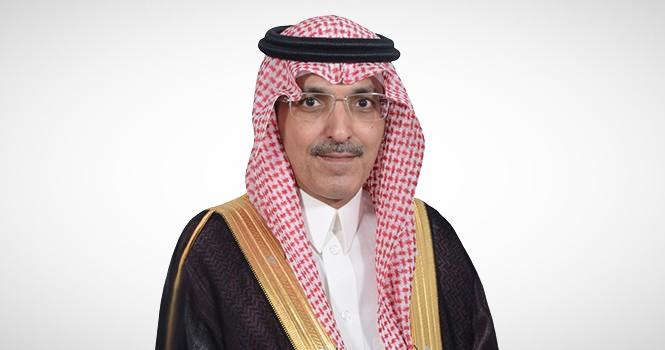
Saudi Arabia to maintain current pace of govt spending: Al-Jadaan
Saudi Arabia intends to maintain its current pace of government spending despite widening budget and current account deficits, as well as rising public debt, Finance Minister Mohammed Al-Jadaan has said.
Al-Jadaan added that he is not concerned about the fiscal deficit reaching up to 5% of GDP, provided public expenditure continues to support non-oil growth — a key pillar of the kingdom’s economic diversification strategy.
In an interview with the Financial Times, the minister said Riyadh would “take stock” of its spending priorities as it contends with a sharp decline in oil revenues and broader global disruptions triggered by tariffs imposed by former US president Donald Trump.
He noted that Saudi Arabia would use the period of lower oil prices and a turbulent global outlook to reassess how it manages its extensive portfolio of development projects.
Al-Jadaan said the Kingdom would not let the current crisis go to waste, describing it as an opportunity to reassess priorities and take bold action, even as others view the global situation as a crisis while the Saudi economy remains strong.
The minister emphasized that the government's primary goal is to avoid the cycle of booms and busts that has long afflicted oil-dependent economies, stressing the importance of pursuing a countercyclical fiscal approach that prioritizes growth-supportive spending over simply balancing the books.
While acknowledging that the budget deficit may exceed initial projections, Al-Jadaan said the gap would not be significant. He pointed to the kingdom’s ample fiscal space, including large financial reserves, substantial foreign assets, and strong government holdings.
The minister projected GDP growth of 4.6% this year, underpinned by robust performance in non-oil sectors. He noted that many development targets had already been achieved, with others well on track — a dynamic that, he said, reinforces government confidence in its economic path.


























